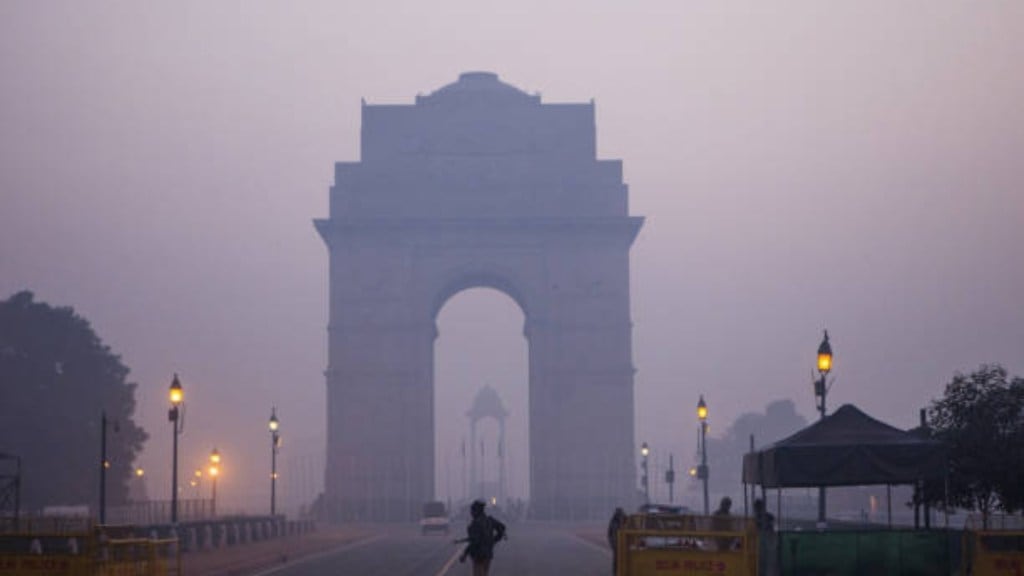The Supreme Court of India has ordered the suspension of all physical classes, including those for Grades 10 and 12, across the Delhi-NCR region due to worsening air pollution. The Court emphasised the urgent need to safeguard students’ health and directed a complete shift to online learning for all educational institutions. This decision reverses an earlier exemption that permitted in-person classes for Grades 10 and 12 while other students had already moved to online studies.
The Supreme Court issued its directive while addressing a series of petitions concerning air quality. A petitioner had challenged the Delhi government’s decision to suspend in-person classes for all students except those in Grades 10 and 12.
Chief Minister Atishi later announced on X, “Starting tomorrow, physical classes for Grades 10 and 12 will also be suspended, with all studies shifting online.”
The Supreme Court emphasised the urgency of the situation, instructing Delhi and NCR states to implement and enforce Stage 4 restrictions of the Graded Response Action Plan (GRAP). These restrictions, aimed at curbing severe air pollution, are to remain in place even if the Air Quality Index (AQI) falls below 450. A bench of Justices Abhay S. Oka and Augustine George Masih underscored the constitutional obligation of states to ensure a pollution-free environment for all citizens.
The Court also directed immediate steps to set up complaint mechanisms for violations of GRAP Stage 4 measures. Additionally, states have been asked to take swift decisions regarding the resumption of physical classes across all grades.
Delhi’s AQI reaches alarming levels
Delhi’s air quality plunged into the ‘severe plus’ category on Monday, with AQI levels ranging from an alarming 1,300 to 1,600. The toxic smog led to drastically reduced visibility, especially during morning hours. In response, authorities enforced emergency measures, including a ban on truck entry and the suspension of construction work on public projects.
The Supreme Court’s intervention highlights the critical need for immediate and sustained action to combat the worsening air pollution crisis in the region.


